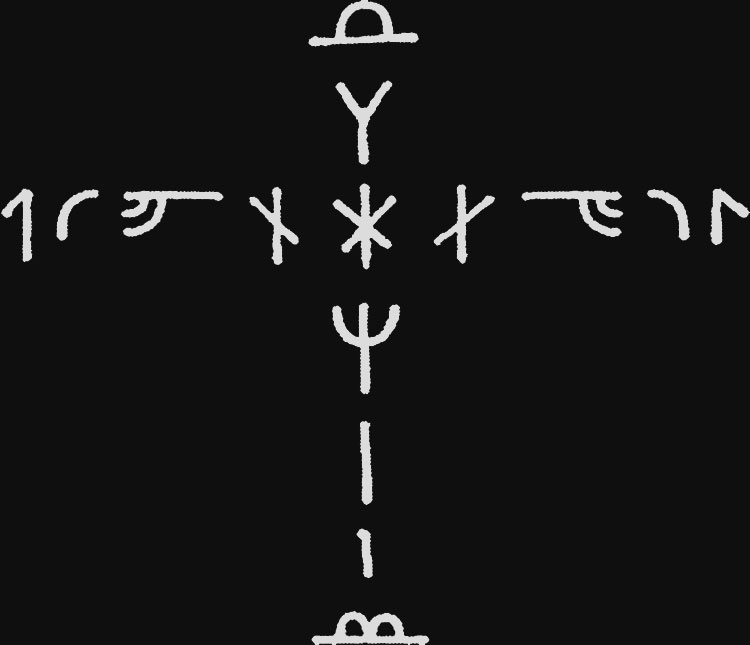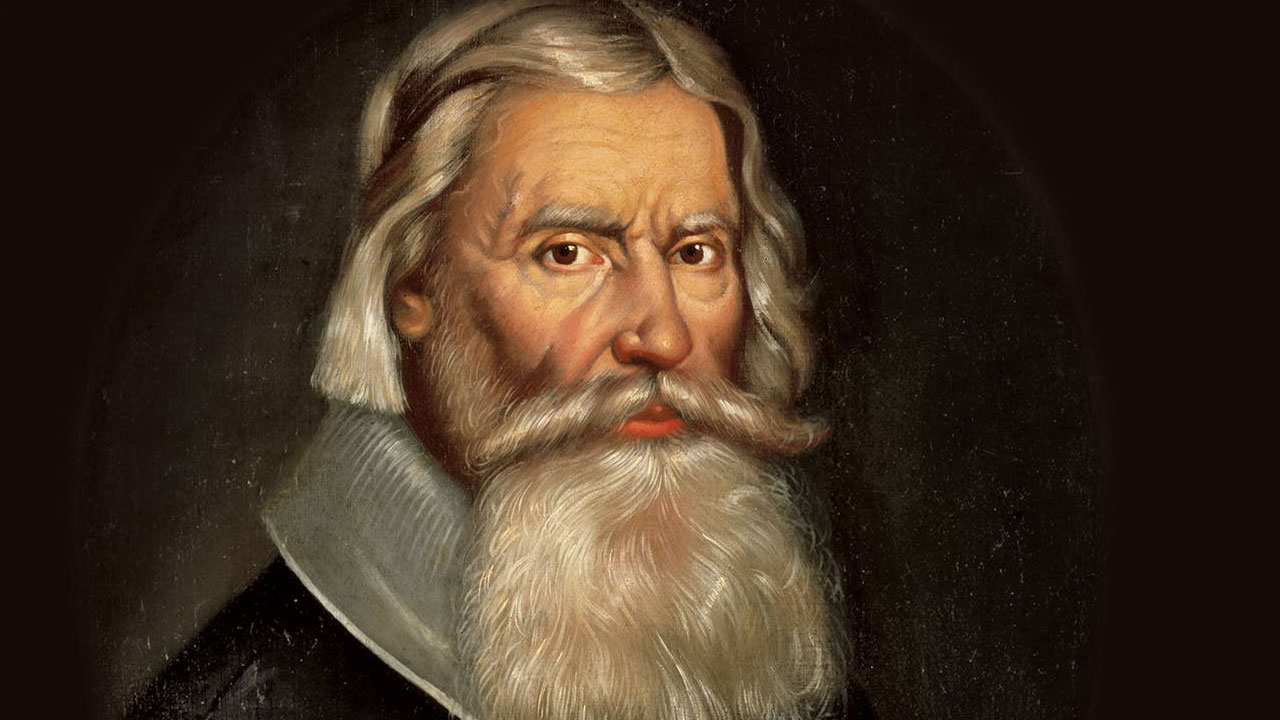In the annals of Northern Europe during the Renaissance, amidst the flourishing of Hermeticism, Kabbalah, and Medieval magic, emerges an intriguing figure whose life and work spanned the realms of pre-Christian mythology and esoteric Renaissance knowledge. Johannes Thomae Agrivillensis Bureus, known simply as Johannes Bureus (1568-1652), embodies this unique fusion of disparate yet intertwined traditions. Despite the scarcity of information about him, his contributions to the study of Nordic mythology and runology, alongside his engagement with Renaissance esotericism, mark him as a pivotal figure deserving of deeper exploration.
Unveiling Johannes Bureus
Johannes Bureus was born in 1568 in Åkerby, Sweden, into the household of a Lutheran parish priest. His early education laid the foundation for a scholarly journey that would take him across Europe. Bureus’s studies in theology and his later appointment as Royal Antiquarian attest to his intellectual prowess and wide-ranging interests. However, it was his encounter with a medieval magic book in 1591 that sparked his fascination with Kabbalah and the occult, setting him on a path of esoteric exploration.
Runeology and Esotericism
In 1593, while serving as a civil servant in Stockholm, Bureus stumbled upon a runestone that ignited his curiosity about the ancient script. This encounter prompted him to embark on a journey across Sweden to study and document runestones, ultimately leading to the publication of his seminal work, “Runa: ABC-boken” in 1611. Bureus’s meticulous study of runes extended beyond mere linguistic analysis; he delved into their esoteric meanings and cosmic significance.
The Rune Cross and Esoteric Symbolism
Central to Bureus’s esoteric worldview was his creation of the Rune Cross, a complex symbol imbued with layers of meaning. Drawing inspiration from both Norse mythology and Renaissance occultism, the Rune Cross symbolized divine mysteries and cosmic harmonies. Bureus’s interpretation of runes as conduits for spiritual truths resonated with Hermetic principles, linking the microcosm to the macrocosm and revealing the interconnectedness of all things.

Hyperborean Mythology and Linguistic Speculation
Bureus’s fascination with ancient Hyperborean traditions led him to speculate on the origins of language and culture. Drawing from mythological sources and Renaissance theories, he posited Scandinavia as the cradle of humanity’s primordial wisdom, a repository of esoteric knowledge preserved by the Hyperborean peoples. His linguistic speculations, influenced by figures like Guillaume Postel, intertwined with his rune studies, reflecting a quest for the original language of humanity.
Legacy and Challenges
Despite his groundbreaking contributions, Johannes Bureus remains a relatively obscure figure in the annals of intellectual history. Much of his work is housed in Swedish libraries, accessible primarily to scholars proficient in Swedish. However, the writings of scholars like Stephen Edred Flowers and Susana Åkerman offer valuable insights into Bureus’s life and thought, providing a gateway to further exploration. As interest in esotericism and Nordic mythology continues to grow, the enigmatic legacy of Johannes Bureus awaits deeper scrutiny and appreciation.
Johannes Bureus stands as a testament to the rich tapestry of ideas that emerged during the Renaissance, weaving together strands of ancient myth and Renaissance magic. His pioneering studies in runology and esotericism invite us to delve into realms of knowledge that transcend temporal and cultural boundaries, offering glimpses into the mysteries of the past and the boundless potential of human inquiry.
Note: For those seeking further exploration of Johannes Bureus’s life and work, the writings of Stephen Edred Flowers serve as valuable resources.




